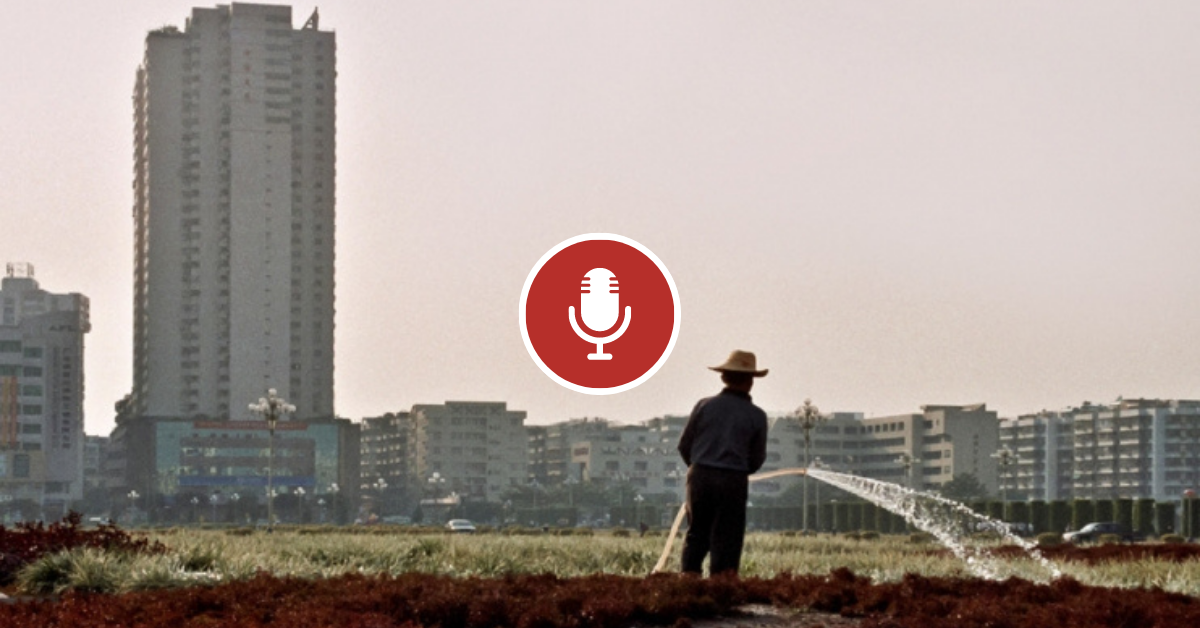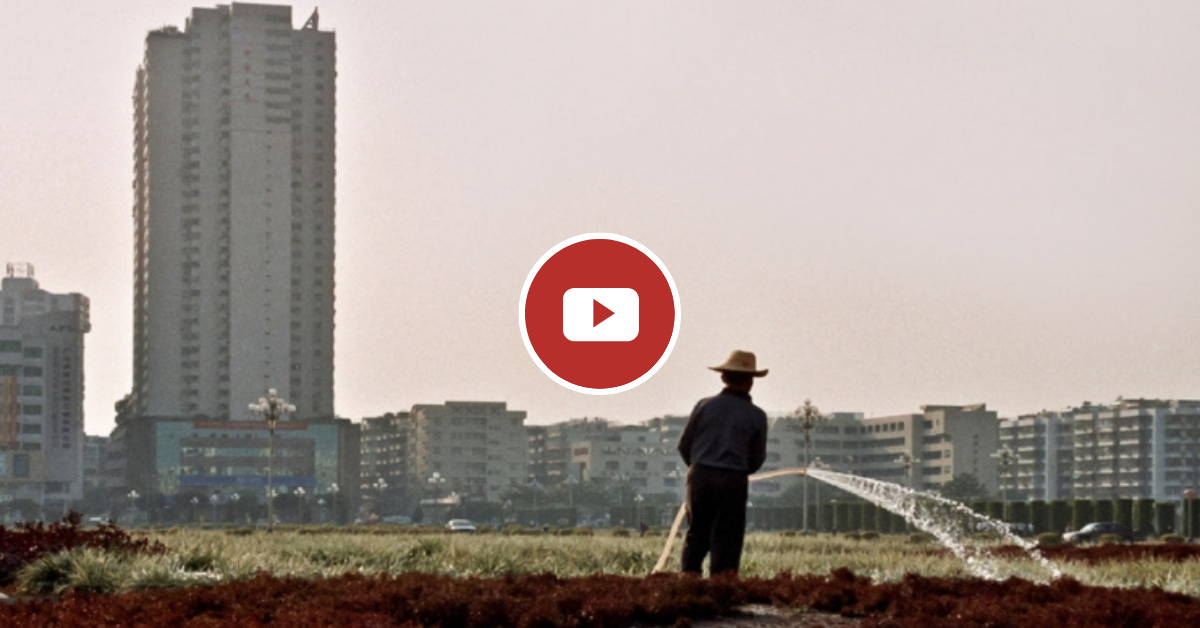Monday, November 2, 2020 | 4:00 PM EST - 5:15 PM EST
Zoom webinar | Scott Rozelle, Qin Gao
As its glittering urban skylines attest, China has apparently quickly transformed itself from a place of stark poverty into a modern, urban, technologically savvy economic powerhouse. Scott Rozelle and Natalie Hell show in Invisible China, however, that the truth is much more complicated and perhaps deeply concerning.
China’s growth has relied heavily on unskilled labor. Most of the workers who have fueled the country’s rise come from rural villages and have never attended high school. The unskilled wage rate has been rising for more than a decade, inducing companies inside China to automate at an unprecedented rate and triggering an exodus of those seeking cheaper labor elsewhere.
Drawing on extensive surveys on the ground in China, Dr. Rozelle and Ms. Hell demonstrate that its labor force has one of the lowest levels of education of any country with a similarly large economy. The limited education of so many workers may leave them unable to find work in the formal workplace as China’s economy changes and manufacturing jobs move elsewhere. In Invisible China, the authors speak not only to an urgent humanitarian concern but also to a potential economic crisis that could upend economies and foreign relations around the globe.
On November 2, the National Committee hosted a virtual program with Professor Scott Rozelle and commentator Dr. Qin Gao.

Scott Rozelle
Scott Rozelle holds the Helen Farnsworth Endowed Professorship at Stanford University, is a senior fellow in the Food Security and Environment Program and the Shorenstein Asia-Pacific Research Center, Freeman Spogli Institute (FSI) for International Studies, and is director of the Rural Education Action Project (REAP), an organization at Stanford University that seeks to evaluate China’s education and health programs and have an impact on policy. His research focuses on agricultural economics, development economics, and the economics of poverty, with an emphasis on the economics of education and health.
Dr. Rozelle received his bachelor’s degree from the University of California, Berkeley, and his master’s and doctoral degrees from Cornell University.

Qin Gao
Dr. Gao received her bachelor’s degree from China Youth University of Political Studies, her master’s degree from Peking University, and her doctorate from Columbia University.

